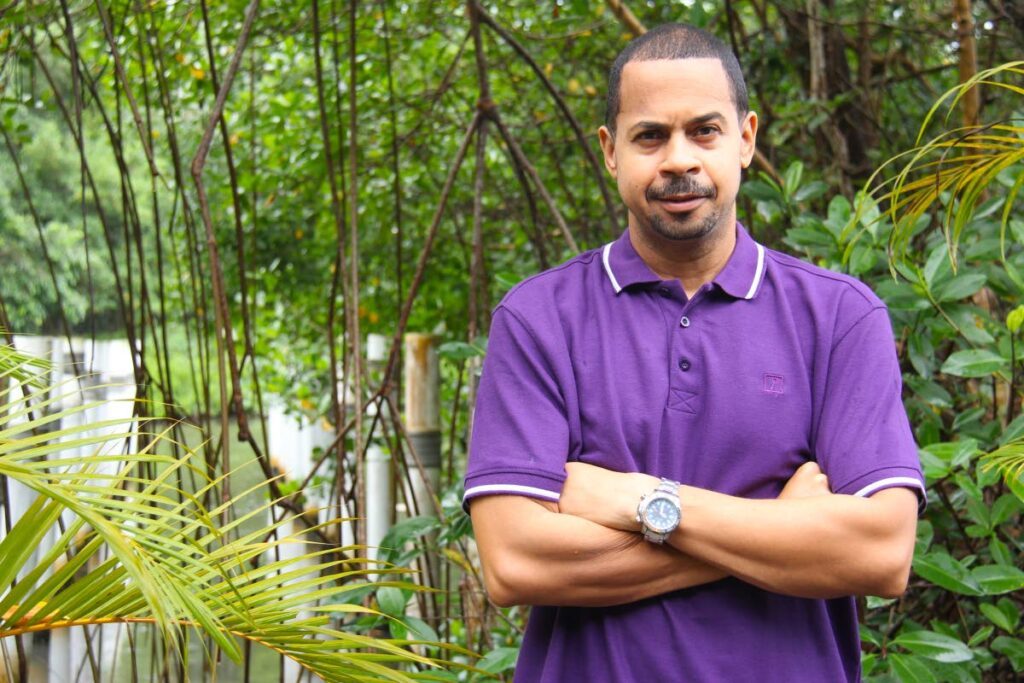Newsrooms in a state

IS JOURNALISM in a parlous state?
Fellow columnist Mark Lyndersay recently explored the findings of an academic inquiry by Aurora Herrera, a doctoral candidate at the City University of London. Herrera’s thesis hinged on a study of journalism culture in Trinidad.
Having worked in five newsrooms across an industry that is ostensibly a single organism – like a segmented earthworm – I, like many before me, was eventually extruded from the posterior end.
It’s not nearly as flattering as it sounds.
In her thesis, as reported by my colleague, Herrera explored the matter of media ownership and the influence of commercial considerations that shape/distort the news we see.
Editorial sovereignty is often held up as sacrosanct, but it’s as robust as a Styrofoam lunch box. It must be defended daily. Any principle that requires constant vigilance is subject to defeat. It’s easy to forget that behind the bastion of public probity is a hanging shingle – the media is a business.
It’s therefore understandable that revenue considerations, from time to time, infect editorial policy. When I worked as a reporter I had been instructed to drop the name of a prominent business from my story on the advice of the sales department.
You can holler about it, but in a small market riven with competition, the loss of a major advertiser isn’t something any media house can scoff at. As such, a newsroom must function like the immune system of the organisation, and it’s constantly under attack from forces within and without. There is no perfect model in the journalism industry – most media houses must lean on the defensive instincts of principled journalists. It’s an interminable struggle.
Interference in state-owned media is famously worse. Notwithstanding the outwardly shape-shifting tendencies of TTT over the years, it’s still fundamentally the same organism. It was at this station where I worked the longest, and there was no period of stability free from the influence of government politicians and people in their orbit.
Ministers or their lackeys would often call the newsroom to ask about stories brushing up against their portfolios. If they didn’t like what they were hearing, they were happy to offer guidance on what a reporter should say in their story instead. I doubt very much that this has changed today.
It’s in these environments of insidious interference that journalists must battle daily to preserve editorial integrity. Some are better at it than others because, contrary to popular belief, journalists are human beings too. They are subject to the same strengths and weaknesses that define all our lives. The editorial policy of the newsroom, however, is the main bulwark against outside influence.
In her inquiry, Hererra spoke with journalists who reflected a perception of the profession as a type of stenography – you’re just reporting what’s said. This, to my mind, has been both a function of the newsroom environment and personal choice. In my days we were often dispatched to boring functions with no real news value. There was always a requirement to ensure the newscast didn’t come up short.
On the other hand, many journalists today fail to go beyond reporting what they’re told in news conferences or what’s fed to them in press releases. The absence of critical analysis and additional perspectives on important issues results in low-nutrient reporting that doesn’t broaden public knowledge and understanding.
In many instances, what passes for investigative journalism today is often clearly a one-sided Trojan horse sold to reporters by government insiders as a scoop (but it’s actually a suppository). All journalists are typically courted by folks keen on peddling a particular narrative.
The job of the journalist – the instinct – is to critically analyse the information and subject it to the scrutiny of other expert viewpoints and opinions.
This isn’t happening enough in contemporary newsrooms. The reason for this usually boils down to two factors: 1 Newsrooms don’t provide resources and time to properly tease out some stories, and 2 Intellectual laziness.
Journalists need to take their jobs more seriously. Never before have there been as many tools for research and continued education that will give the most depth to the coverage they provide to you the consumer. Media companies must do better at balancing commercial considerations with the privilege of shaping public thought and opinion with news coverage.
In a nation that’s gravely fractured along political, racial and socio-economic lines, the burden falls on newsrooms to prevent the fabric of society from fraying beyond repair.

Comments
"Newsrooms in a state"